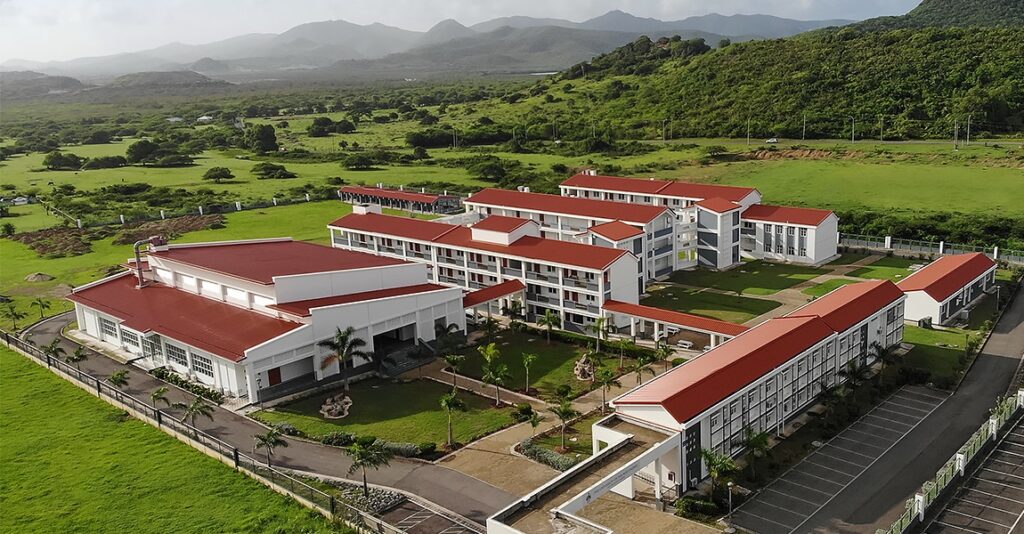Dr. Angela Tabiri, affectionately known as the Maths Queen in Ghana, has made history as the first African to secure the title in The Big Internet Math Off competition. Her remarkable success comes as she champions the future of mathematics for young African women, a demographic that has traditionally faced discouragement in pursuing STEM subjects. At just 35 years old, she aims for her win to inspire other girls, providing role models where few exist.
This public contest, initiated by The Aperiodical blog in 2018, invites mathematicians worldwide to compete in showcasing their mathematical prowess. Dr. Tabiri reveres non-commutative algebra in her research at the African Institute for Mathematical Sciences (AIMS) Ghana, where she helps foster a new generation of mathematicians. This institute, which began in South Africa, now spans across several African nations, focusing on postgraduate training in science, technology, engineering, and mathematics (STEM).
As part of her commitment, Dr. Tabiri manages the Girls in Mathematical Sciences Programme, aimed at encouraging high school girls to explore careers in mathematics. Established in 2020, the initiative strives to ensure a steady pipeline of women entering research and innovation roles in mathematics.
In her analysis, Dr. Tabiri observes that the enrollment of girls and boys in mathematics at the high school level is nearly equal; however, this balance deteriorates at the university level. She attributes this drop to the perception that mathematics careers are limited to teaching, perpetuating the notion that it is a "boy's subject." Through her efforts, she aims to dismantle these stereotypes.
Dr. Tabiri's path to mathematics was unconventional. Raised in a vibrant household in Ashaiman, a bustling area near Accra, she initially aspired to study business administration but found herself drawn into mathematics and economics due to circumstances surrounding her school grades. This twist of fate, she now views as a blessing, igniting her fascination with numbers.
Her pivotal experiences during her PhD studies at Glasgow University inspired her determination. A viewing of the movie "Hidden Figures," narrating the contributions of Black women mathematicians during the era of segregation in America, profoundly impacted her. She identifies with Katherine Johnson's perseverance, motivating her to champion the cause of women in mathematics.
Ghana celebrated a historic achievement with Dr. Gloria Botchway becoming the first woman to earn a PhD in mathematics from the University of Ghana in 2024. Dr. Tabiri actively supports girls from underserved backgrounds through her FemAfricMaths nonprofit, providing mentorship and lessons both in-person and online while highlighting the successes of female mathematicians globally.
Her enthusiasm extends into the realm of quantum science, which she advocates as a vital field for the future. Dr. Tabiri successfully proposed for 2025 to be recognized as the UN International Year of Quantum Science and Technology, coinciding with the centenary of modern quantum mechanics. She foresees the potential for this field to drive innovations in diverse sectors such as medicine, environmental sciences, and cybersecurity.
Recognizing Africa's growing youth demographic, Dr. Tabiri is keen on early engagement in quantum science. She envisions organizing a "quantum road show" to essentialize quantum education from a young age, alongside a week-long "Quantum Hackathon" planned for July in collaboration with UNESCO.
Dr. Tabiri aims to empower today’s youth, positioning them to face tomorrow's challenges with robust mathematical skills as they explore the exciting frontiers of quantum science. The urgency, she believes, lies in preparing the new generation for a monumental evolution in technology and mathematics, ensuring they seize available opportunities.






















